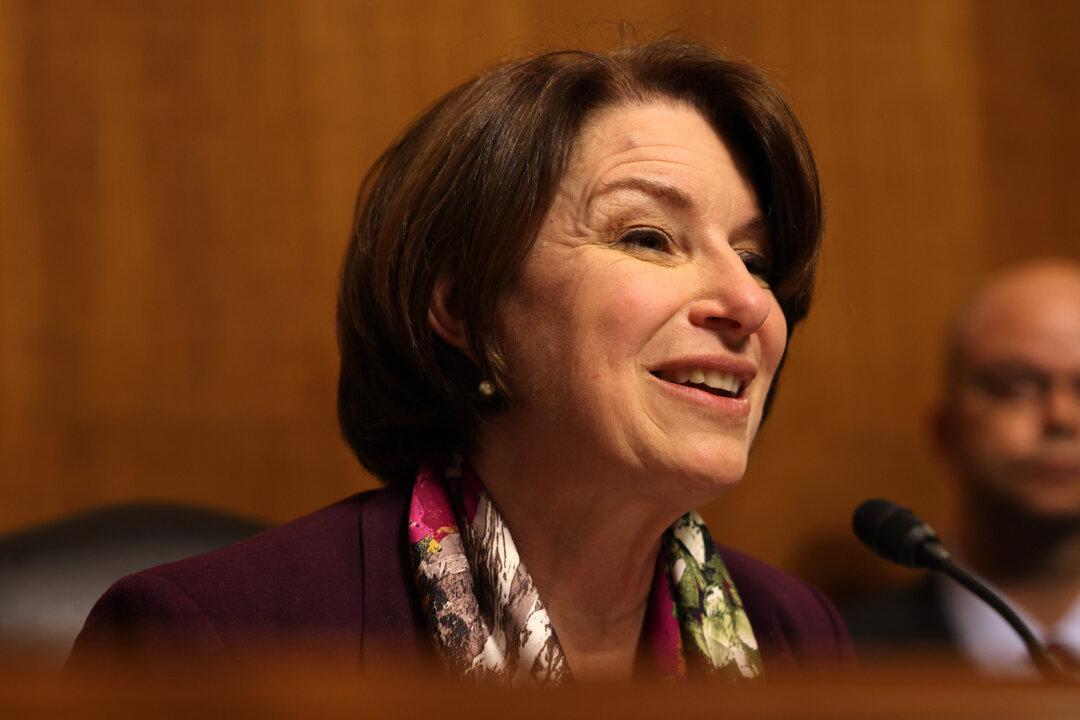A Senate bill is raising fears among some for its potential to enable Big Tech and mainstream media outlets to collude against smaller and independent media outlets.
The legislation, dubbed the Journalism Competition and Protection Act (JCPA), would supersede some existing antitrust laws and allow media companies to band together to negotiate with Big Tech platforms, such as Facebook, Google, and Twitter.





